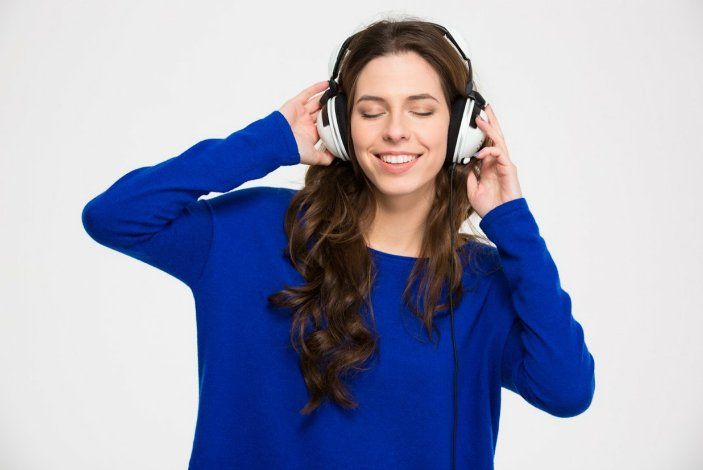Headphones And Hearing Loss: 4 Things You Should Know

Headphones have become an essential everyday work and recreational tool. These devices, which feature tiny speakers within cups or buds that sit next to (or inside) the ear canals, can deliver powerful sounds at close range, potentially contributing to permanent hearing loss.
If you worry about the state of your hearing but enjoy listening to music or podcasts through headphones, you need to understand as much as possible about the potential risks involved, as well as smart strategies that can help you protect your ears. Consider the following four points about headphones and hearing loss.
1. Headphone Use Can Damage the Inner Ear
Researchers have identified headphones as a potential cause of noise-induced hearing loss. In this form of hearing loss, loud sounds damage sensitive hair cells inside a part of the inner ear called the cochlea. In some cases, this damage only occurs temporarily, but over time, the damage can become permanent.
Although headphones might not seem to generate much volume compared to loudspeakers or other ambient noise sources, the close proximity of their drivers (the small speakers that generate sound) to your ears delivers concentrated sound waves that can do as much hearing damage as louder sounds from farther away.
2. Smart Listening Habits Can Make Headphone Use Safer
How you use your headphones can have a major impact on how well you can preserve your hearing. Many people play their headphones at high volume levels, often for many hours at a time. This extreme noise exposure produces far more hearing damage than listening to headphones at lower volume levels for less time.
Audiologists measure noise levels in terms of decibels. An ordinary telephone dial tone is about 80 decibels
, a level that you can listen to for up to 25 hours at a time without experiencing hearing loss. By contrast, the volume generated by a rock concert can damage your hearing in about one minute.
Check your headphone's specifications to see how loud they can get. If your headphones can achieve 100 decibels at maximum volume, for instance, playing at them at no more than two-thirds power can help you keep your listening level at or below 66 decibels.
The length of time you expose your ears to noise can also factor into hearing loss. Even a lower volume level can do damage if you listen for many consecutive hours without a break. You can minimize this risk by reducing your listening sessions to less than two hours
.
3. Noise-Canceling Headphones Can Protect Your Hearing
Many people crank up their headphone volume to combat noisy environments, raising their risk for hearing loss in the process. If you find yourself using your headphones as tools to block out the world's aural distractions, invest in noise-canceling headphones that filter out ambient sound, allowing you to enjoy lower music volume.
Noise-canceling headphones fall into two primary categories. Active noise-canceling headphones contain circuitry that generate opposing frequencies in response to incoming sound, literally canceling those sounds out. Passive noise-canceling headphones physically block the incoming sounds.
4. Hearing Aids May Limit Your Choice of Headphones
If you have already developed some hearing loss, you may need hearing aids to follow conversations or hear at low volume levels adequately. These devices don't necessarily prevent you from using headphones. However, the type of hearing aid you have may limit what kind of headphones you can comfortably wear.
Headphones that fit completely over the ear will likely work better for most hearing aid users than models that sit inside the ears or rest on top of the ears. If you have an in-ear hearing aid, you can't fit in-ear headphones alongside it. On-ear headphones won't deliver any sound to a behind-the-ear hearing aid.
Whether you have concerns about your headphone usage or you want to learn more about how to use headphones safely in conjunction with hearing aids, Accurate Hearing Technology Inc. can evaluate your listening habits, check your hearing, and recommend smart options for enjoying music safely. Contact us
today.






